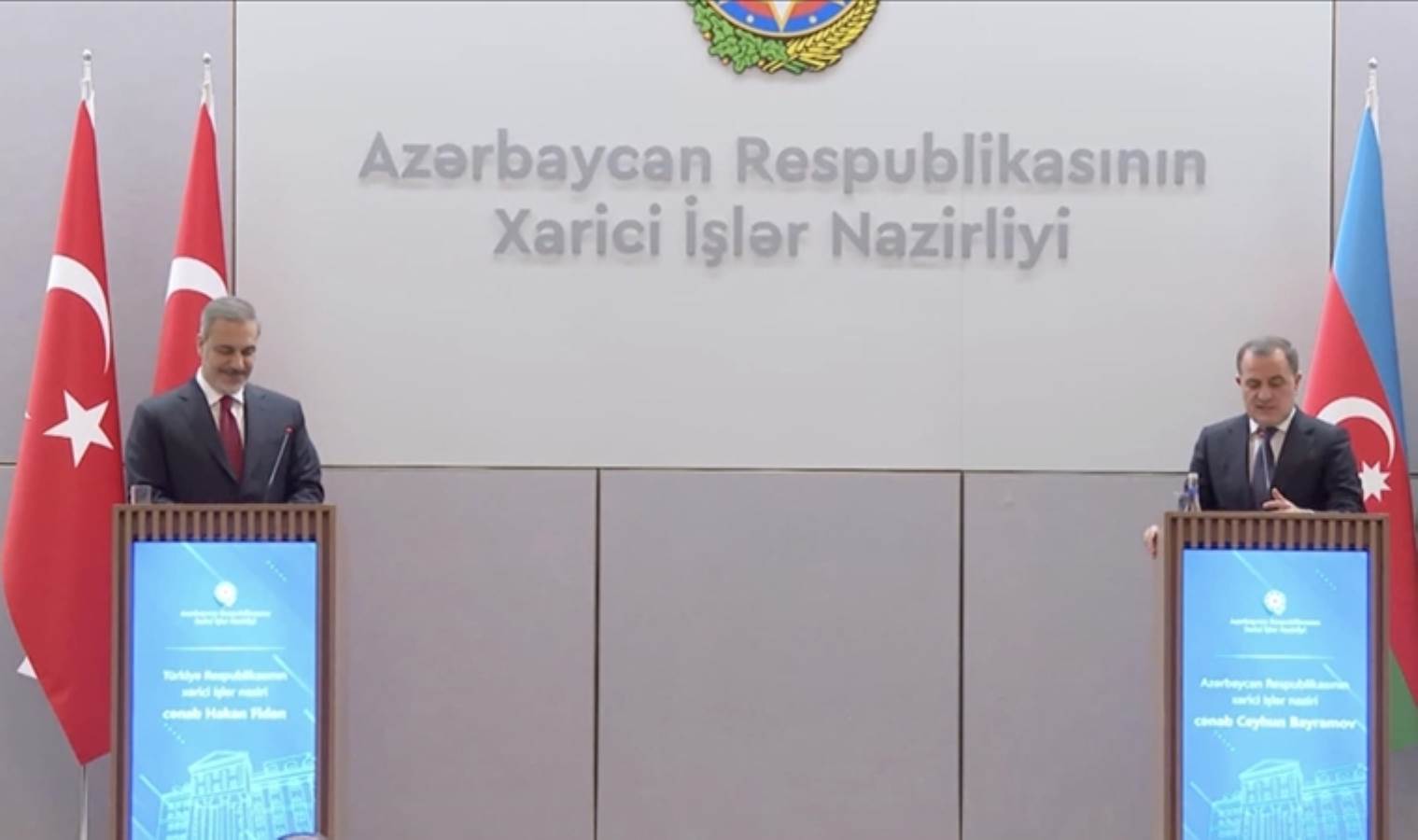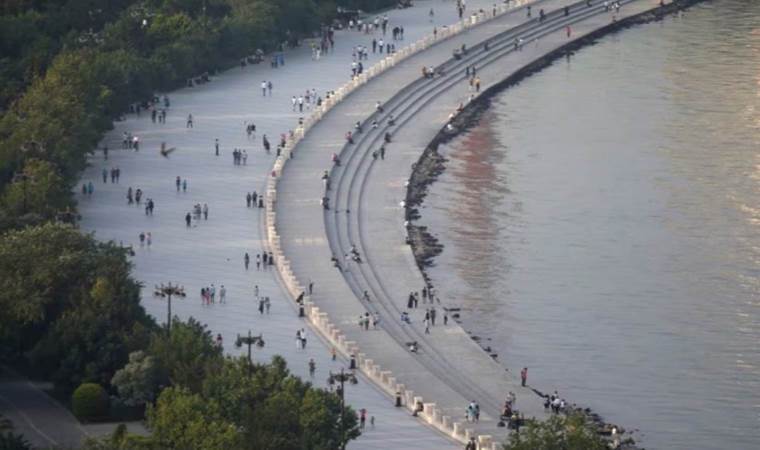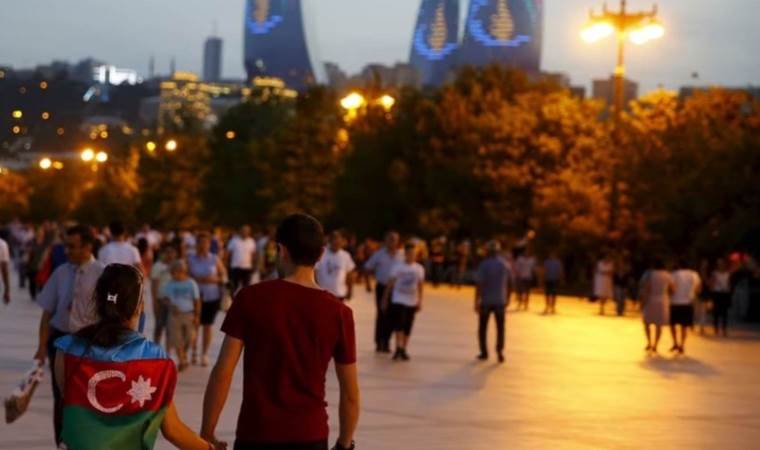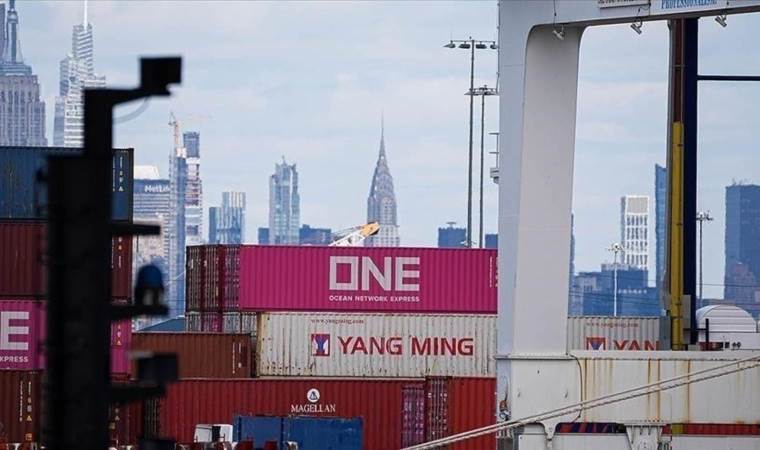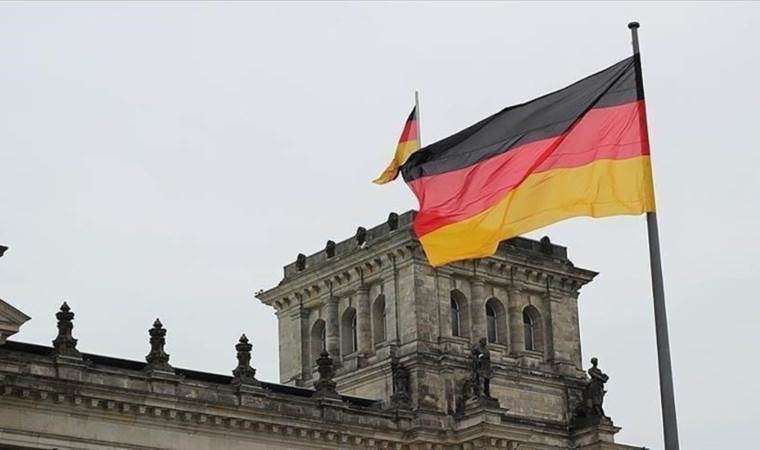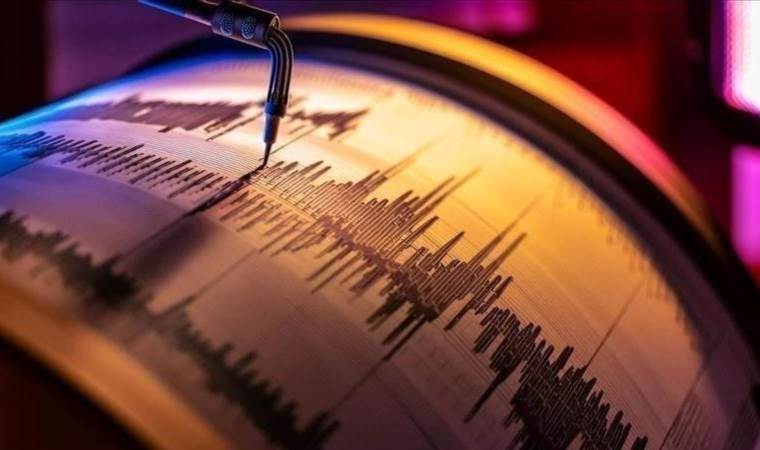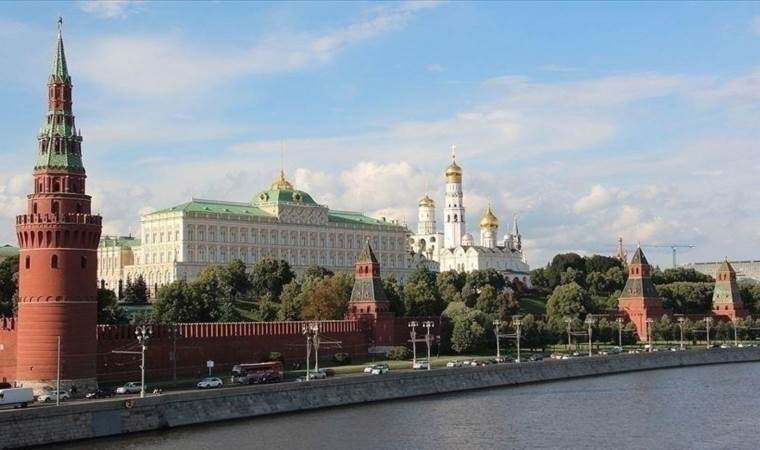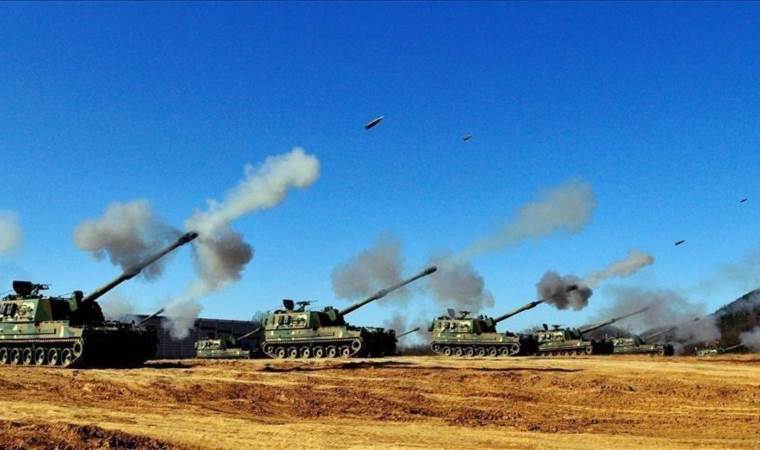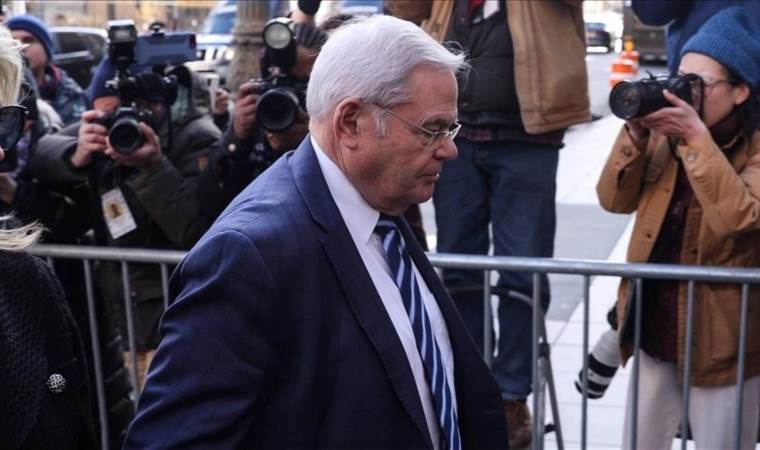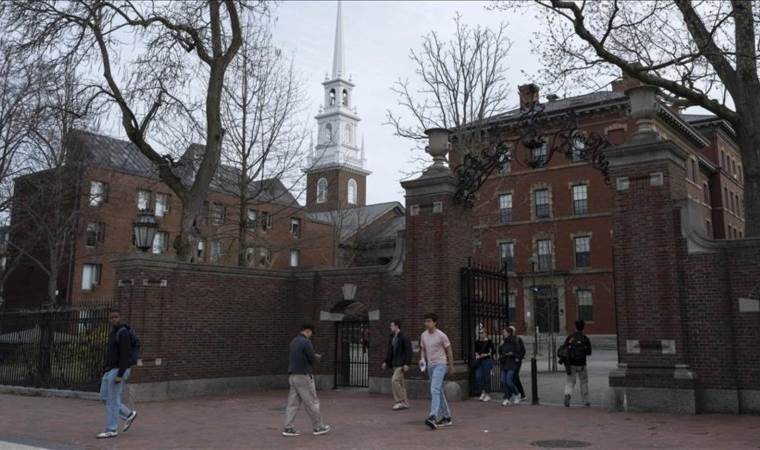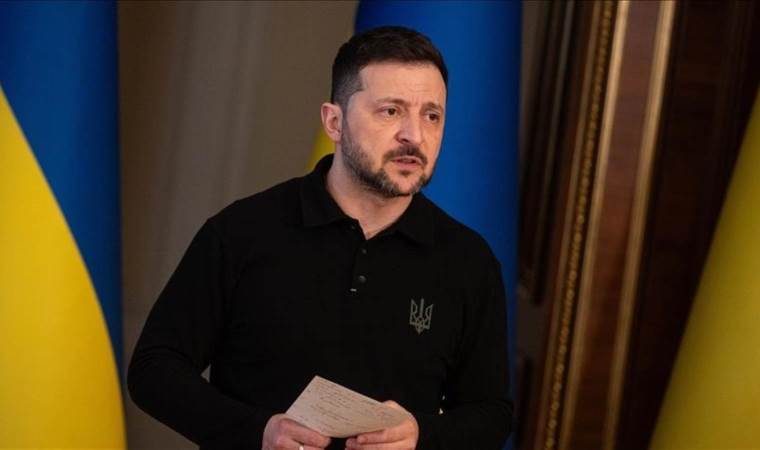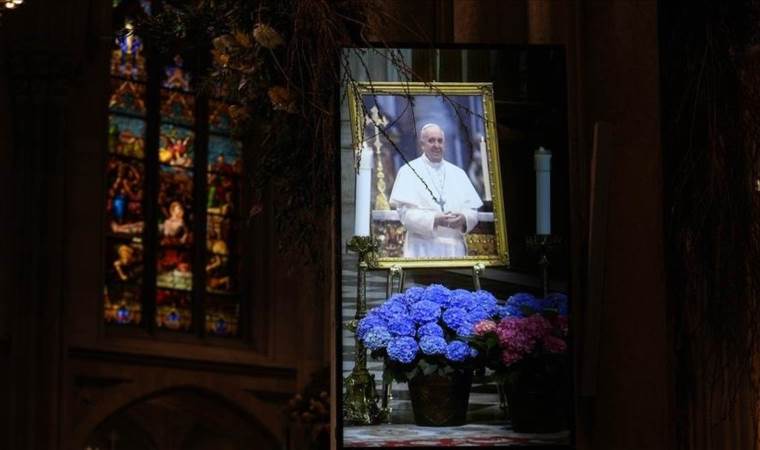Azerbaijan votes today: A presidential election guide
Azerbaijan hosts its first nationwide election today, with about 22,000 citizens voting in areas recently reclaimed from Armenia. Few doubt President Ilham Aliyev's victory.
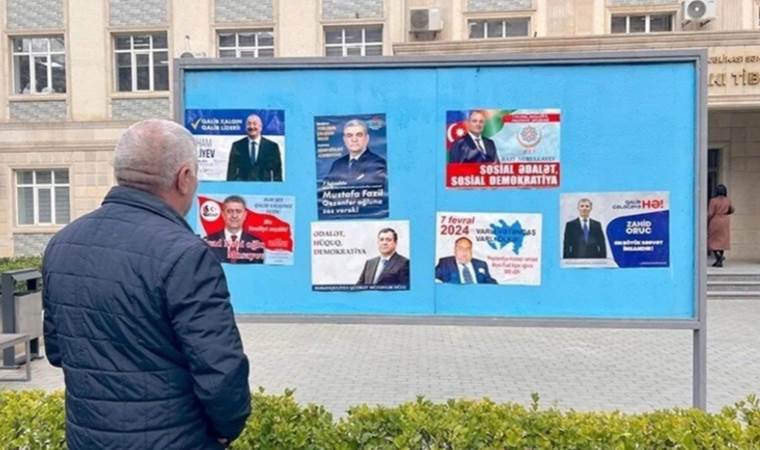
The announcement of early elections in December left voters questioning the impact of their ballots. Aliyev, campaigning for a fifth term with the slogan "Victorious Leader of the Victorious Nation," has led Azerbaijan in reclaiming territories held by Armenia since the early '90s after the Soviet Union collapsed. In the last elections, Aliyev secured his presidency with an overwhelming 86% of the vote, underscoring his dominant position in the country's political landscape. This election marks the first of its kind to be held across the entire country, including the reclaimed territories.
The participation of the remaining Armenians in Nagorno-Karabakh, who have not moved to Armenia, is a point of interest.
Who's Running?
Besides Aliyev, six candidates are in the fray, including four pro-government parliamentarians: Zahid Oruc, Razi Nurullayev, Fazıl Mustafa, and Qudrat Hasanquliyev. The opposition is represented by Elsad Musayev of the small Great Azerbaijan Party and independent candidate Fuad Aliyev. Major opposition parties, citing a lack of democratic conditions and unequal opportunities, are boycotting the election.
The Republican Alternative Party, with one parliamentary seat, is focusing on upcoming parliamentary elections instead of fielding a presidential candidate. Among the contenders, Qudrat Hasanquliyev of the United Popular Front of Azerbaijan proposes the most significant changes, including constitutional amendments, a shift to a parliamentary system, and renaming the country the Republic of North Azerbaijan—a move highlighting the distinction from Iran's ethnically Azerbaijani regions.
Media and Human Rights Landscape
The government tightly controls Azerbaijan's media landscape, leaving no room for critical voices. Authorities have not tolerated even minor protests against election unfairness, mirroring their approach to social media criticism. Since November, the crackdown on journalists and political activists has been the most severe since 2011, aiming to stifle investigative journalism.
The OSCE Office for Democratic Institutions and Human Rights, in its January 23 interim report, noted arrests, a new law restricting journalism, and bans on certain websites and media funded by foreigners. Independent experts highlight longstanding issues with human rights, press freedom, and unfair election conditions.
International observers like Reporters Without Borders and Freedom House classify Azerbaijan as "not free" regarding press freedom, with RSF criticizing Aliyev for silencing dissent since 2014. Aliyev also avoids participating in televised debates, leaving representation to other party members.
The public broadcaster's attempts at hosting debates were criticized as superficial, leading to restricted comments on their YouTube channel. The Parliamentary Assembly of the Council of Europe recently denied accreditation to the Azerbaijani delegation, citing an unfair election environment and lack of observation invitation.
International Observers and Future Outlook
Organizations like the Shanghai Cooperation Organization, the Commonwealth of Independent States, and the Russian Parliament will observe the election. Azerbaijan's corruption perception worsened from 128th place in 2021 to 157th in 2023, according to Transparency International, though the government dismisses these allegations as baseless.
Azerbaijan's Role on the Global Stage
Strategically positioned and rich in oil, Azerbaijan has attracted foreign investment since the '90s. The country is now capitalizing on the European Union's efforts to reduce dependence on Russian gas following the invasion of Ukraine. The EU views Azerbaijan as a critical and reliable energy partner, with gas exports expected to double by 2027.
Azerbaijan has managed to navigate its geopolitical position and natural resources adeptly, balancing relations between Russia, Iran, Turkey, and the West. This balance has allowed it to reclaim Nagorno-Karabakh, boosting Aliyev's domestic popularity and deflecting attention from issues like corruption and poverty. However, global polarization may challenge Azerbaijan's balancing act, necessitating tough choices that could shape the region and the world's future. This backdrop may have prompted Aliyev's decision for early elections, aiming to solidify his power in anticipation of future challenges.
Most Read News
-
 China integrates AI into undergraduate studies
China integrates AI into undergraduate studies
-
 South Korea, US to hold trade talks this week
South Korea, US to hold trade talks this week
-
 Germany cuts economic growth forecast to stagnation for
Germany cuts economic growth forecast to stagnation for
-
 6.3 magnitude earthquake strikes off Indonesia’s Talaud
6.3 magnitude earthquake strikes off Indonesia’s Talaud
-
 Kremlin says Putin open to talks on civilian strikes mor
Kremlin says Putin open to talks on civilian strikes mor
-
 South Korean military holds live-fire drills near inter-
South Korean military holds live-fire drills near inter-
-
 Wife of former US Senator Menendez found guilty in bribe
Wife of former US Senator Menendez found guilty in bribe
-
 Harvard University sues Trump administration over fundin
Harvard University sues Trump administration over fundin
-
 Zelenskyy demands Russian clarity over strikes on civili
Zelenskyy demands Russian clarity over strikes on civili
-
 Pope Francis' funeral to take place on April 26, Vatican
Pope Francis' funeral to take place on April 26, Vatican
